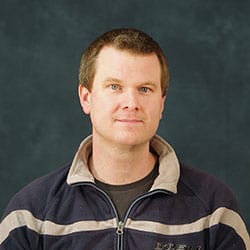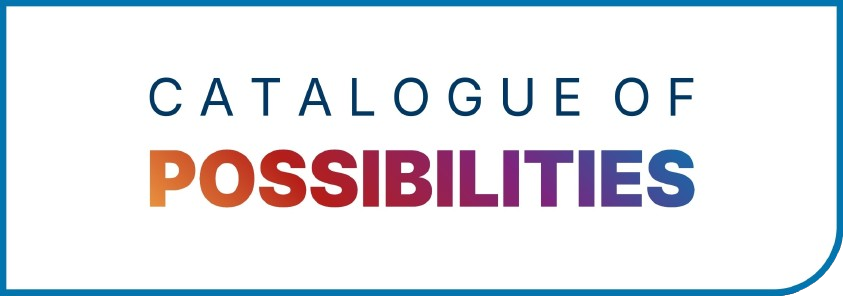Prof Steven Neale he/him

Professor of Micro Engineering
Strategic Research Areas
I had a fantastic experience as a PhD student and post-doc doing high impact research and I would like to replicate this deeply satisfying experience for the researchers who work with me. For me there is very little that I can think of that is better than creating a new medical device or technique that is then used by professionals in the medical world to save lives and this is what we try to do. Similarly, fundamental work in manufacturing and photovoltaic communities can go on to have a significant impact on society in general and this is the real significance of Engineering research. My work involves microfabrication of devices either for medical applications, 3D printing or photovoltaics and as such I am interested in collaborations with medical researchers, manufacturing, sustainable energy technology research and also researchers into energy policy. There is a strong element of design in my research and as such I would also be interested in collaborations with researchers in art and design.
PhD projects that I could offer would be on the development of sensors for medical implants (this would join a community of 5-10 researchers that already work between myself and John Mercer in MVLS), 3D printing development e.g. creating new ways to 3D print objects that are currently not possible, photovoltaics – developing solar cells that are optimized for high latitudes (such as Scotland!).
What type of supervisor am I – I believe PhD students are a very diverse cohort and each has a unique background, motivation and set of skills and I think my relationship with each student is different. At the start of each PhD project I do a “Students’ Perception of Research Supervision (SPORS)” questionnaire with the student and this allows us to set expectations and tailor the relationship for each student. One thing that is common across all my students is that I have to be enthusiastic about their projects, otherwise it would not work.
I have made use of flexible working for the last 15 years, working various reduced or compressed patterns that has allowed me to teach, research and balance with a family life. Without this my career would not have been possible and I believe we need to be flexible for different people who have come to academia from different routes and have different support needs. I have helped with or led efforts in diversity for over 10 years, leading the subgroup on flexible working for the Athena Swan committee for Bronze and Silver applications and more recently being part of the Schools EDI Group and the leading the FUSE CDT EDI team for a time. I am currently working on a “leaky pipeline” analysis with FUSE which extends work done by the Athena Swann committee looking at where the M/F ratio changes as careers in Engineering progress.

